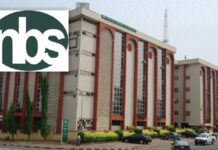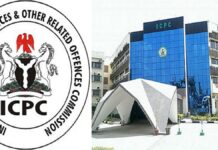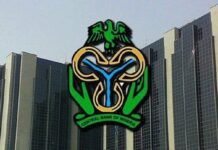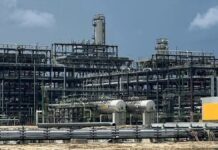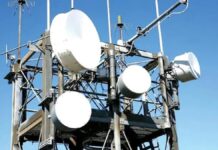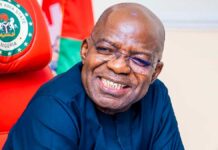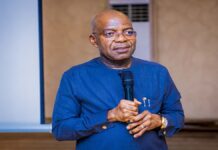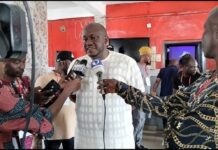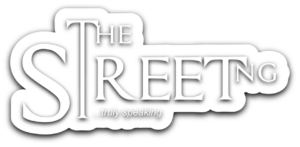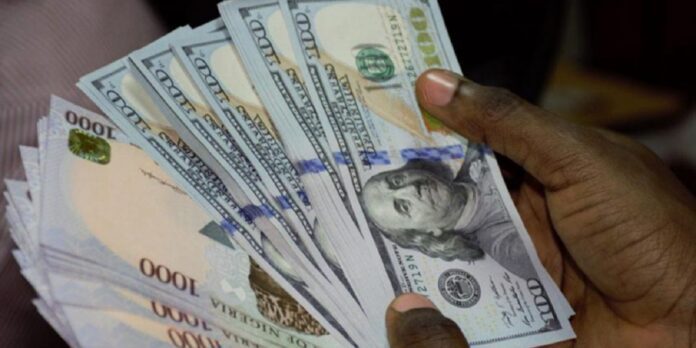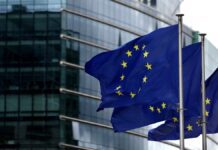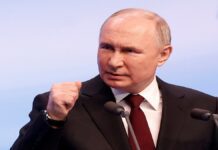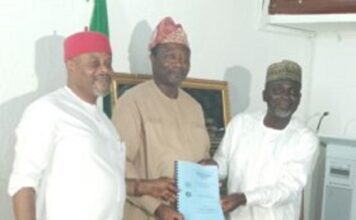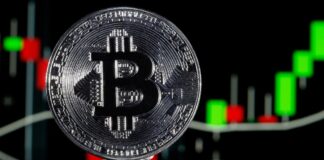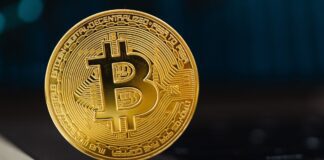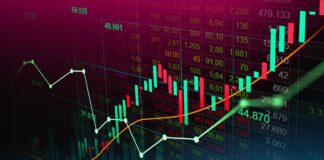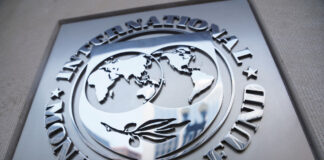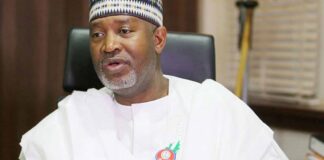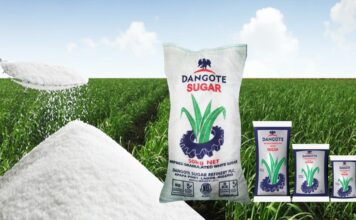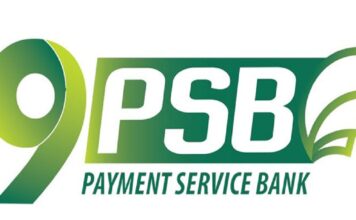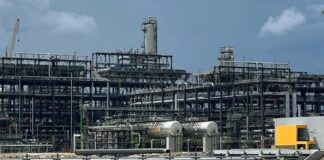Foreign Investors Dump Nigeria US Dollar Bonds
Foreign investors sold Nigeria’s sovereign US dollar bonds in the international debt market due to a shift in risk sentiment. The market price of Eurobonds rose, though later moderated slightly amidst seesaw buying, and selling activities in the market.
Nov 28, 2027, US dollar bond price slumped to $86.78 following selloffs. FEB 23, 2038 Eurobond price declined to $72.96 at 11.61% while Nov 28 2047 price declined to $69.34.
In its market update, Cowry Asset Limited said Nigeria’s US dollar bond market had a negative level of activity. Traders said sell sentiment was evident across the short, mid, and long ends of the yield curve, thus leading to the average yield rising by 4 bps to reach 11.07% at the close of the session.
The Central Bank of Nigeria (CBN) has moved to offer better spot rates at OMO Bills auctions in a bid to attract foreign investors’ interest amidst the US dollar scarcity challenge.
Eurobond market participants are adjusting their portfolio strategy to upscale return following the US Fed’s decision to maintain the status quo on Fed fund rates.
In the local market, the Nigerian bonds traded quietly in the secondary market with a bearish tilt that lifted the benchmark yield higher, albeit, marginally amidst weak macroeconomic conditions.
Changing market dynamics called for yield repricing but the local debt agency has continued to support low costs of borrowing amidst rising debt service costs in the country.
US Fed interest rate hikes in the past forced Nigeria’s debt management office to deepen borrowing from the local market, noting that Eurobond has become expensive to finance government plans.
Instead, lower rates have been offered to local investors in the debt market even when inflation continues to accelerate, in addition to steeply-priced benchmark interest rates.
While the monetary policy committee of the Central Bank of Nigeria (CBN) postponed meetings indefinitely, analysts have maintained a stance that monetary policy tightening could continue.
While the US Fed which has often mirrored the policy committee decision on benchmark rates has dropped hawkish sentiment, analysts think the monetary authority could deviate from the pattern.
The headline inflation rate is also expected to rise further throughout the year, based on market consensus, which poses a downside risk on portfolio returns.
In a market update, fixed income traders at CardinalStone Limited said that they witnessed some selling pressures on the short end of the curve, with the yields on the March 2024 and February 2028 papers both appreciating by 5 basis points to close at 14.05% and 15.30% apiece.
Across the benchmark curve, the average yield advanced at the short (+2bps) end as investors sold off the FEB-2028 (+5bps) bond, Cordros Capital confirmed in a note.
However, the yield was unchanged at the mid and long segments, traders said in their separate fixed income securities market updates.
